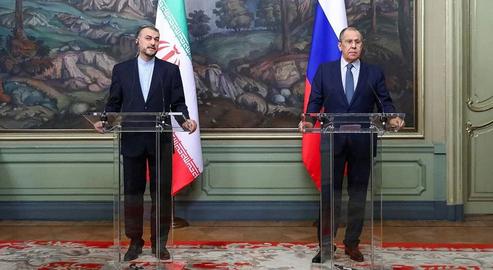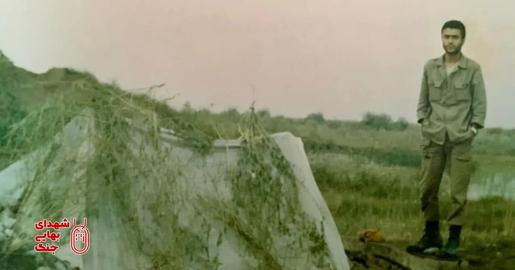On Tuesday, March 15, Russian Foreign Minister Sergey Lavrov claimed Moscow had indeed received “written guarantees” from Washington that fresh sanctions on Russia over Ukraine would not affect its future cooperation with Iran. It came in the wake of an abrupt demand for such guarantees issued by the Kremlin last week, which was read by many as a statement of willingness to block a return to the JCPOA.
On Tuesday evening, the Wall Street Journal reported that in fact, Russia’s chief nuclear negotiator had simply informed the EU that Moscow would accept softer guarantees: namely, that Russian firms would be allowed to conduct business it was mandated to do under the 2015 nuclear deal. These include a uranium swap with Iran, redesign of the Fordow nuclear facility and the sale of nuclear fuel to Tehran.
“Russia says happy with guarantees on nuclear projects and not asking for anything else,” a senior Western diplomat was quoted as saying. “So we can go ahead with negotiations that are now exclusively US-Iran.”
Lavrov’s statement on Tuesday naturally did not mention this. The “guarantees” Russia had received, he said in a joint press conference in Moscow with Iran’s Foreign Minister Hossein Amir-Abdollahian, were “included in the text of the agreement itself on the resumption of the Joint Comprehensive Plan of Action on the Iranian nuclear program”.
A senior US State Department official, who spoke on the condition of anonymity, told Reuters the comments might show Moscow is coming round to the view that Russia’s invasion of Ukraine should not scupper the nuclear deal. "Perhaps it is now clear to Moscow that, as we have said publicly, the new Russia-related sanctions are unrelated to the JCPOA and should not have any impact on its implementation," they said.
However, the parameters have already shifted a great deal since the 2015 accords. For one thing, were JCPOA-related sanctions lifted, Moscow and Tehran have indicated a desire to expand their cooperation in a variety of sectors.
The European Union, Britain and the US have recently imposed far-reaching and stringent sanctions on Russia for its invasion of Ukraine. Moscow is, in effect, in the same situation as Tehran was put back in in 2018. Iran could potentially now become a corridor for Russia to bypass those sanctions.
International institutions and firms will have already be hesitant to work with the Islamic Republic again in the event of a JCPOA revival, for fear of a potential Trump-style reimposition of US sanctions in the future. The prospect of future Iran-Russia partnerships, especially given the Islamic Republic’s stated eagerness to provide services to Moscow, will only compound the concern.
Related coverage:
Russian Ambassador to Tehran: Lavrov's Comments Were 'Misunderstood'
Newly-Sanctioned Moscow Threatens to Scupper JCPOA Talks
Security Council Boss to US: Close the JCPOA Deal Now, Or Else
Iranian Deputy's Flight Home Mid-Nuclear Talks: What we Know So Far
Nuclear Talks: Why Saeed Jalili's Successors are Failing to Strike a Deal
Khamenei Calls for 'Combined Offensive' as Talks in Vienna Continue
Saeed Jalili's 200-Page Nuclear Rant Reveals Discord Within the Ranks
Nuclear Confrontation, Khamenei’s Gift to Iran
Khamenei Appoints his Anti-JCPOA Relative as Iran’s New Nuclear Negotiator
visit the accountability section
In this section of Iran Wire, you can contact the officials and launch your campaign for various problems

























comments